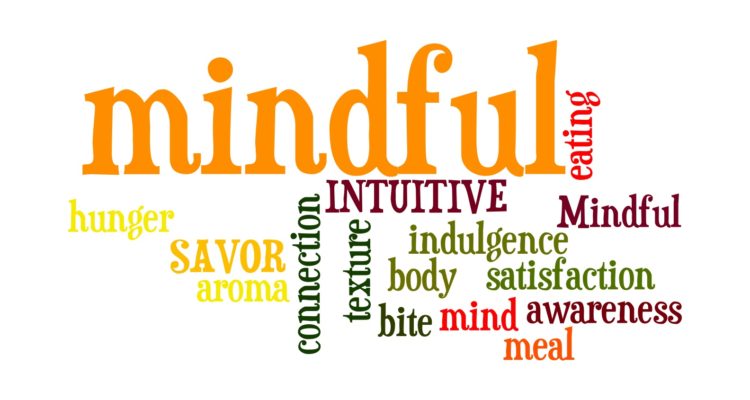Mindful Eating:
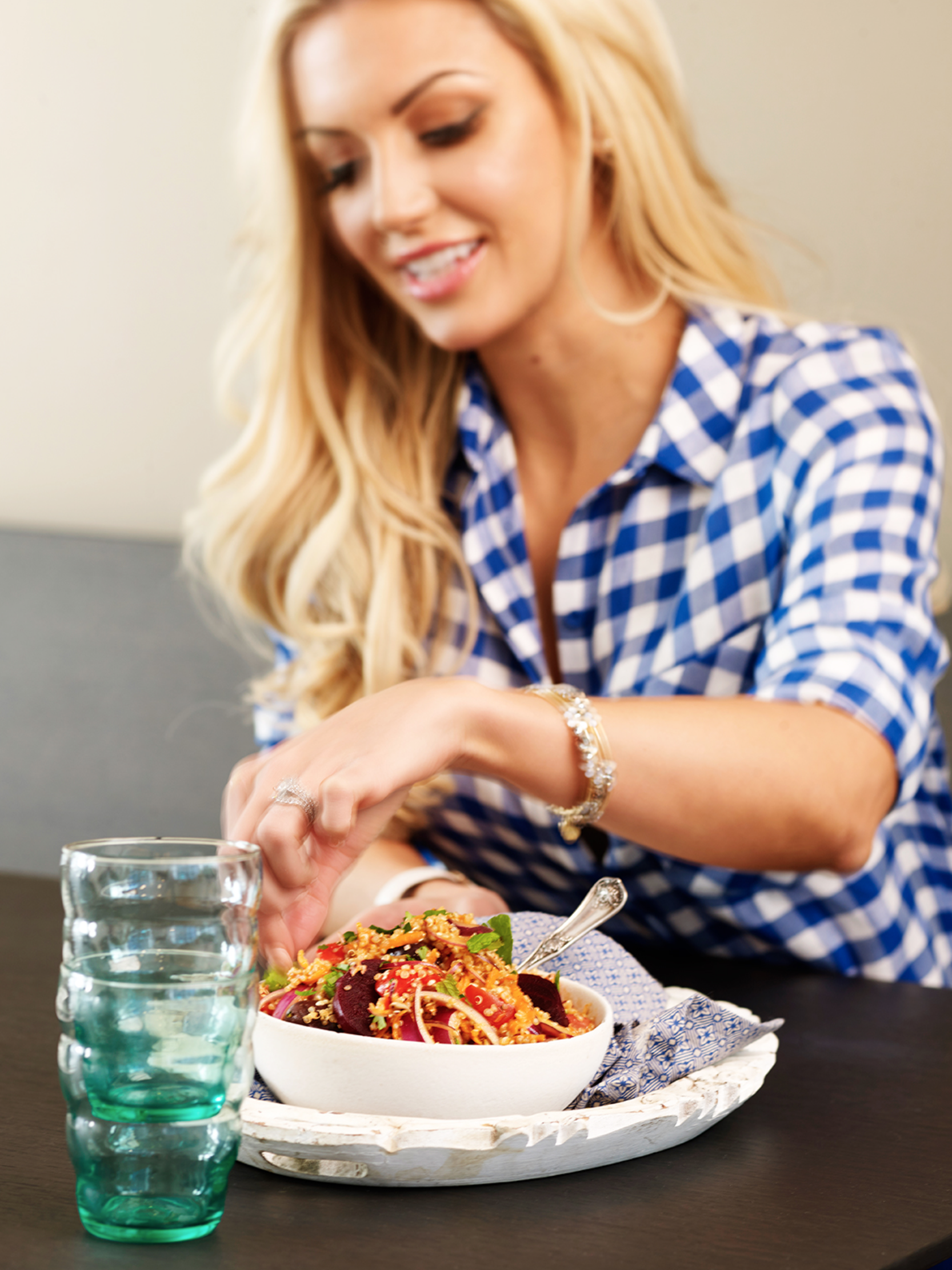
Like many Irish people, I grew up in a household where we were expected to clear our plates. But while I avoid waste as much as possible, I do believe that we need to learn to stop eating when we’re full, regardless of whether we’ve finished every scrap.
For me, mindful eating is one of the most important aspects of a healthy and happy lifestyle – as well as motivation of course! Mindful eating is about building an awareness of the relationship between you, your body, its hunger signals and the food you eat.
Learning your food triggers and understanding what may cause you to eat beyond your physical requirements, can be the key to achieving a healthy weight that’s right for you.
Portion Control:
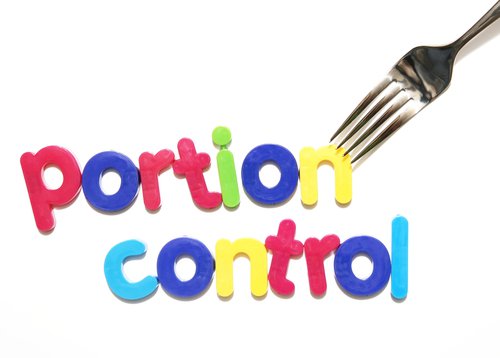
If you’ve been brought up to always clear your plate one way around it is to choose smaller plate sizes. If you’re putting your food on a big, huge dinner plate you’ll fill the whole plate and eat it all, so try using a smaller plate — it really works. Portion control is very important, I try to eat only when I’m hungry and stop eating when I feel three-quarters full because it takes your brain a while to realise that you’ve actually had enough — if you keep eating until you feel full up, you’ve possibly had too much.
Emotional Eating:
Do you eat because you’re genuinely hungry? Or are you eating for emotional reasons, such as boredom, sadness or loneliness?
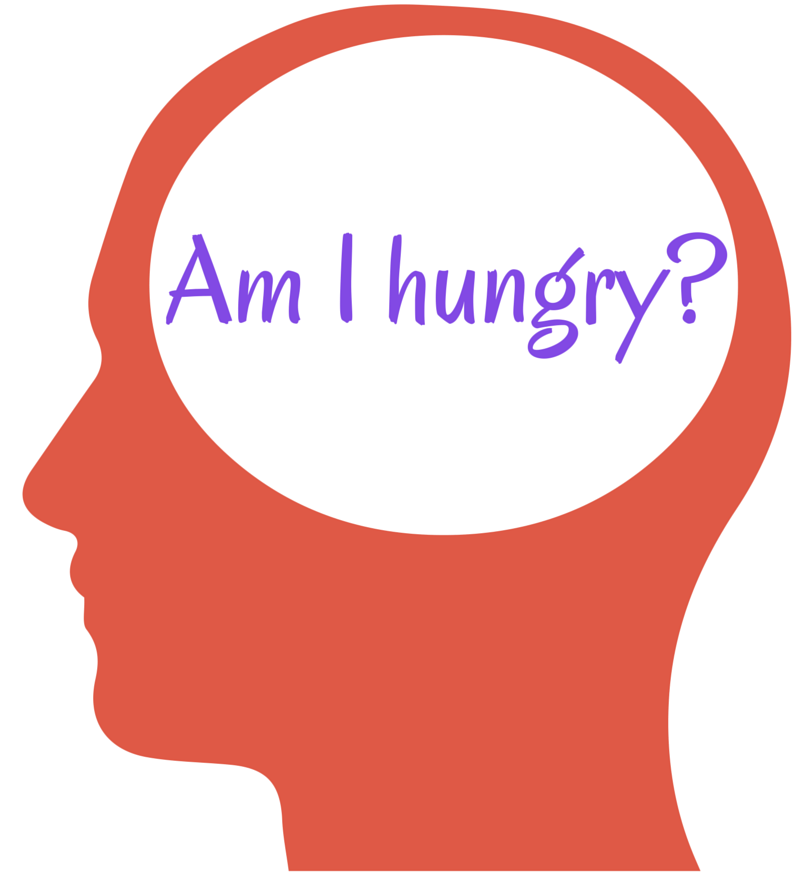
A lot of us fall into the trap of emotional eating when we’re sad or bored, and that’s something I’ve fallen victim to myself. I would sometimes eat when I’m bored, but I know my triggers now. If I’m just sitting around I’ll reach for the snacks, so instead I get up and walk the dogs, answer some emails, keep myself moving. From Monday to Friday I try to eat mindfully and be aware of what I’m eating and why, but a little bit of what you fancy is good for you too — everything in moderation.
Fill up on high-fibre, nutrient-dense foods first:
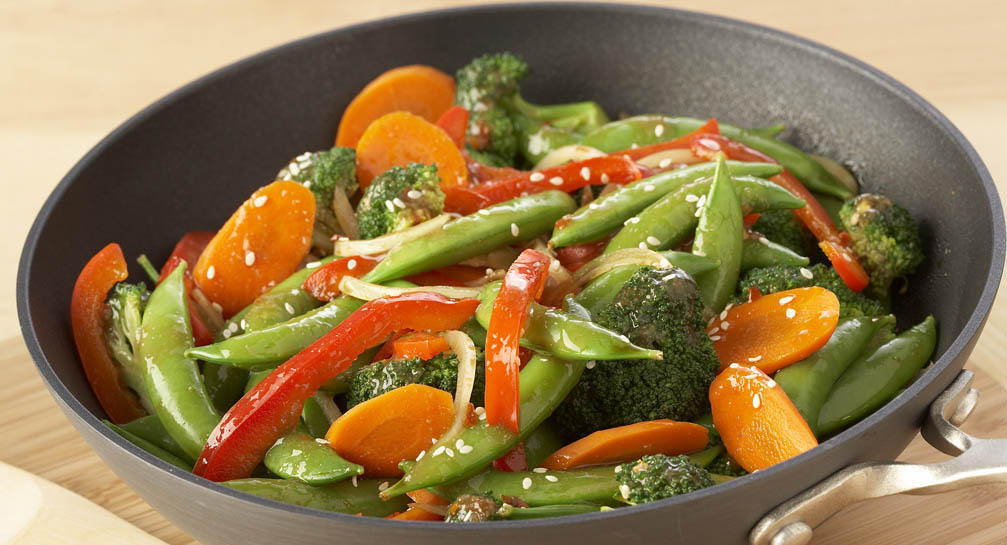
When you’re absolutely starving after a long day at work, it’s so tempting to reach for the closest high-calorie, high-energy snack you can find. I’ve done it myself! A chocolate bar or biscuit will give you that rush of energy, but spiking your blood sugar levels so quickly does no good for your waistline, mood or energy levels.
I always try to fill up on a healthy soup, steamed veg or a big green salad first, as their high water and fibre content will help to fill an empty stomach fast without doing much damage. I may add a handful of nuts, some hummus, olive oil dressing or other high-energy food to it, but I make the veggies the main focus of my meal. This means you can fill up on nutrient-dense but lower-calorie foods, to help quash that desire to fill yourself up with chips, crisps or sweets.
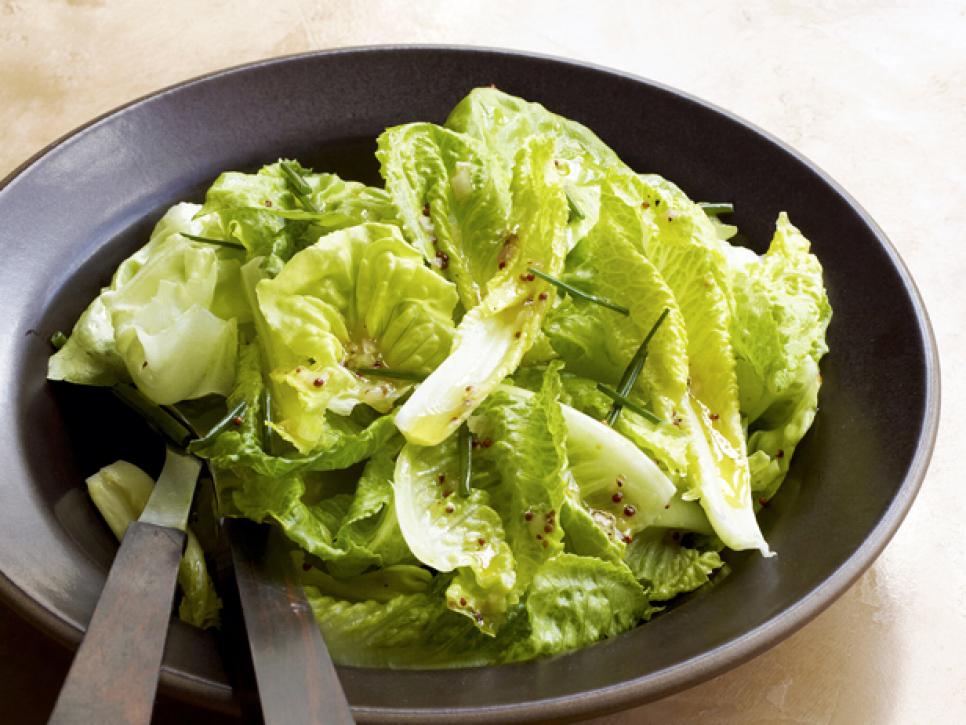
It works well in a restaurant too, and I usually try to order a salad as a starter to avoid overeating on the main course or dessert.
Slow Down:
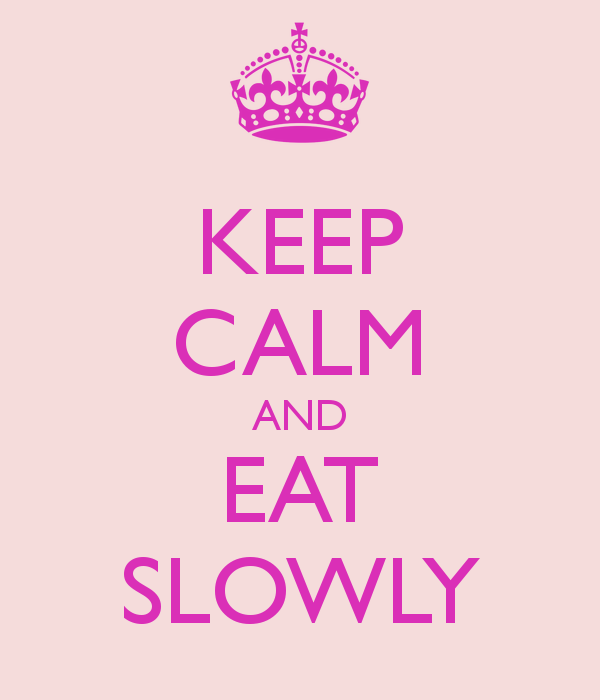
Eating more slowly, taking the time to savour and appreciate each bite and avoiding scoffing down your food, is an important part of the concept of mindful eating. It helps to promote better digestion and less chance of bloating too, as food tends to be chewed more thoroughly. It also gives your brain a better chance to register when you’re full and to switch off those hunger signals.
Drink more water:
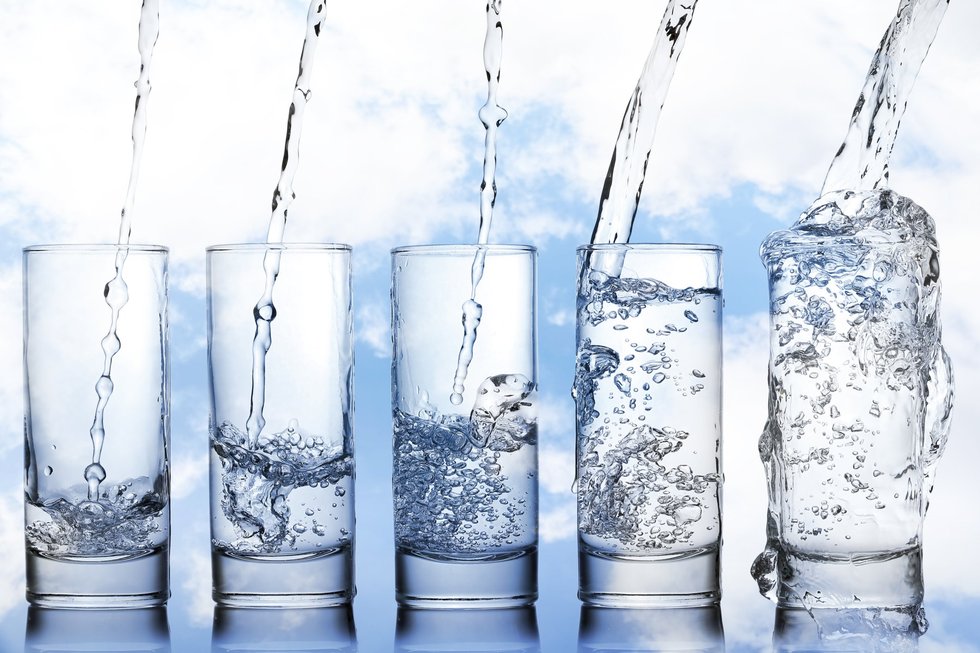
Sometimes, thirst can be misinterpreted as hunger and it can often help to pause and have a glass of water before reaching for a snack.
Drinking plenty of water also helps to reduce water retention, bloating and supports your detoxification organs.
Avoid Crash Diets:
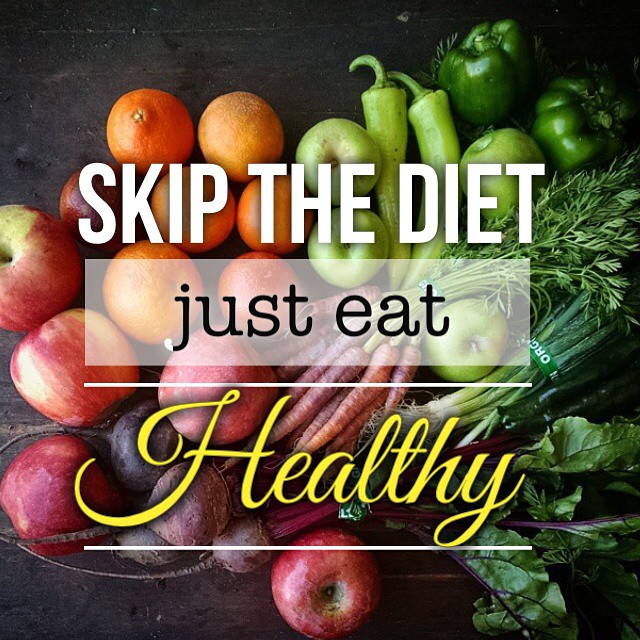
Please don’t crash diet a week before you go away on hols because it’s simply not sustainable and it negatively affects your metabolic health.
Aim to give yourself between six to 12 weeks to make lifestyle changes — try and get more exercise into your routine, drink lots of water and fill your diet with veg, healthy fats and lean proteins. Try to eliminate processed food, junk food and fried food as much as you can, and not eating too late at night does make a difference.

